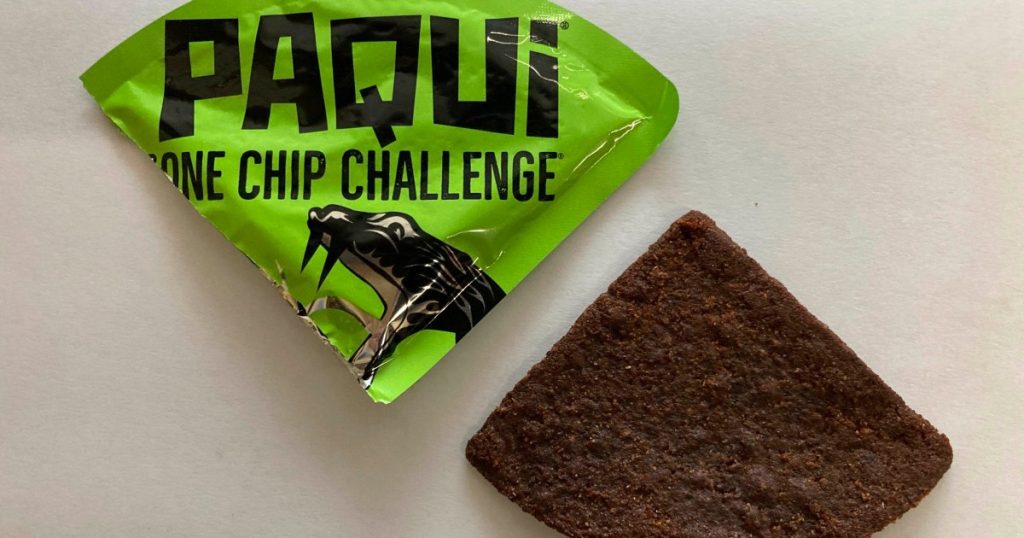A tragic incident occurred in Massachusetts when a 10th-grade student named Harris Wolobah participated in a spicy tortilla chip challenge on social media and subsequently passed away. The autopsy revealed that Harris had died of cardiopulmonary arrest after ingesting a large amount of chile pepper extract. It was also discovered that Harris had a congenital heart defect known as cardiomegaly, along with a condition called myocardial bridging of the left anterior descending coronary artery. The presence of these underlying heart issues likely made Harris more susceptible to the negative effects of consuming large quantities of capsaicin, the compound responsible for the heat in chile peppers.
The autopsy results highlighted the potential dangers of ingesting high concentrations of capsaicin, which can increase the pressure on the heart and disrupt blood flow to the muscle, potentially leading to severe arrhythmias. While Harris had pre-existing heart conditions that likely exacerbated the effects of the chile pepper extract, individuals without underlying risk factors can also experience serious cardiac issues from consuming high levels of capsaicin. Experts emphasized the need for caution when participating in food challenges involving extremely spicy substances, as these products can have unintended and potentially life-threatening consequences.
The Paqui chip that Harris consumed as part of the challenge came with a warning that it was intended for adult consumption only and should be kept away from children. Despite this caution, there were reports of multiple cases across the country where teenagers experienced adverse reactions after participating in the chip-eating challenge. Videos of individuals, including children, struggling with the intense heat of the chip became popular on social media, fueling the trend and encouraging others to take part in the challenge. The allure of competition and risk-taking inherent in these challenges, along with the potential for internet fame, contributed to the popularity of extreme food challenges.
Spicy food challenges have been a part of culinary culture for years, with people daring each other to eat extremely fiery foods in various settings. Social media has amplified the visibility of these challenges, with platforms like YouTube showcasing celebrities and ordinary individuals attempting to eat hot peppers or dishes with intense heat levels. Restaurants have also introduced challenges where patrons are tasked with consuming large quantities of spicy food within a limited timeframe. While these challenges can be entertaining and engaging, they also carry risks, as highlighted by the tragic death of Harris Wolobah, which prompted warnings from healthcare professionals and authorities regarding the potential dangers of consuming concentrated capsaicin.
The phenomenon of extreme food challenges designed for social media consumption has grown in recent years, with companies creating products specifically marketed for these challenges in hopes of achieving viral fame. Poison control centers have issued warnings about the potential health risks associated with consuming high concentrations of capsaicin, including allergic reactions, breathing difficulties, irregular heartbeats, and even heart attacks or strokes. Harris’ passing served as a reminder of the dangers posed by these challenges and the importance of being mindful of the potential consequences when participating in activities involving extremely spicy substances. The tragic incident highlighted the need for caution and awareness when engaging in food challenges that push the limits of heat tolerance, emphasizing the importance of prioritizing health and safety over social media trends.













